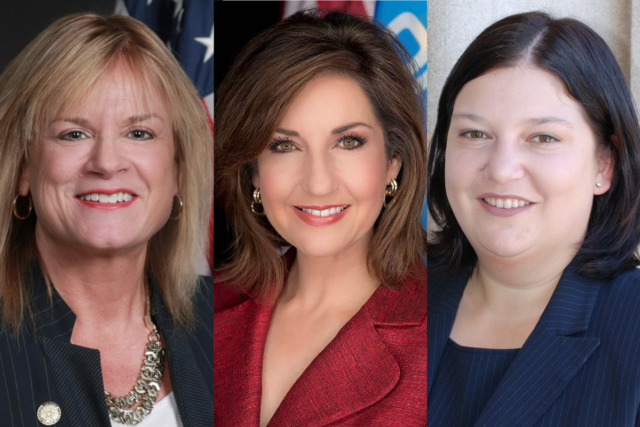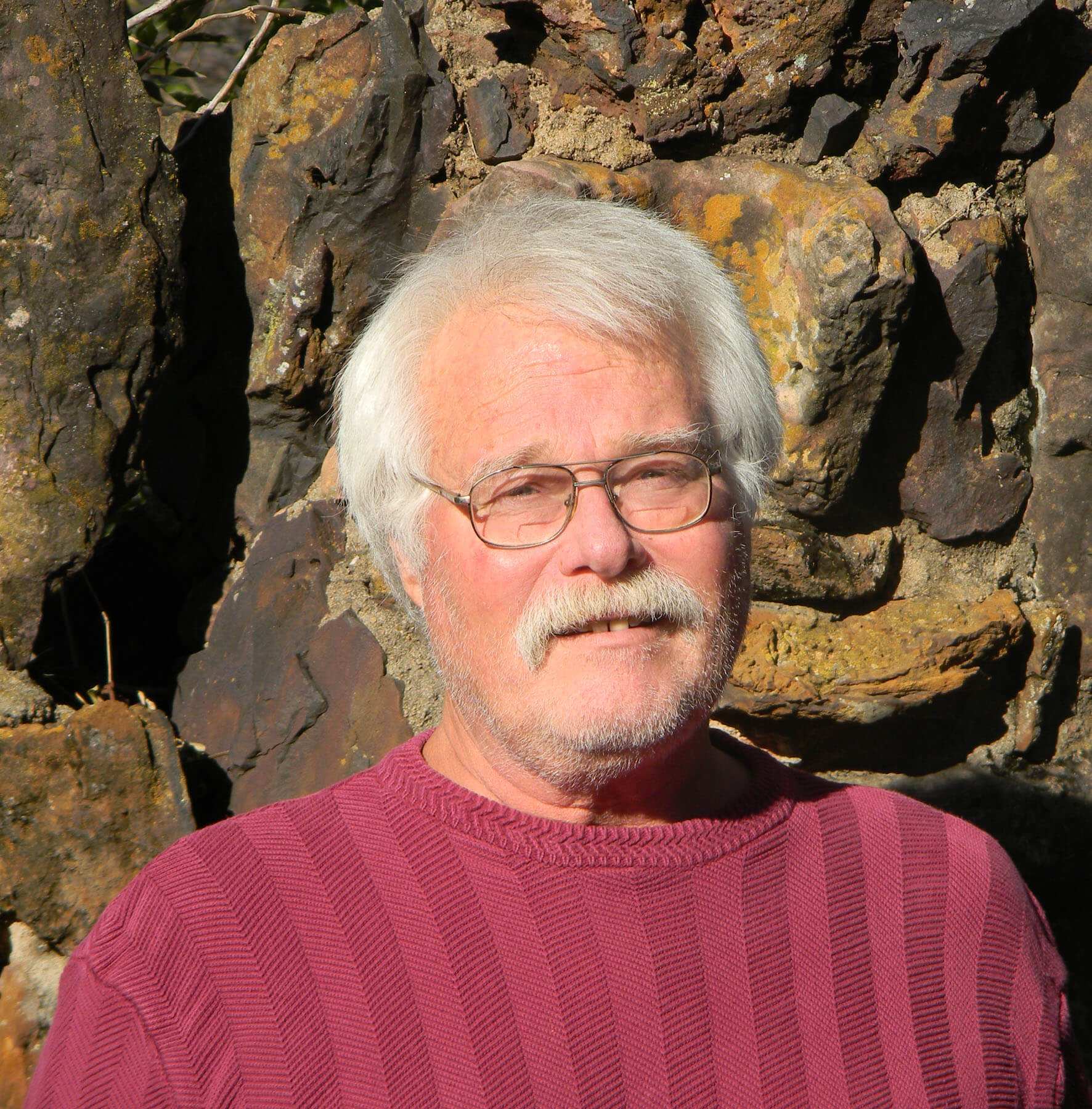

On Aug. 23, Rep. Leslie Osborn opened the Greater Oklahoma City Chamber of Commerce‘s State of Schools education forum with sad news: Since the Oklahoma Supreme Court struck down the $215 million cigarette tax, the budget shortfall could grow to as much as $400 million due to the possible loss of federal matching funds. Cuts of between 5 percent and 14 percent could be coming. The court subsequently upheld a second revenue measure, but if a third revenue measure is overruled, the problems will get much worse.
She also explained that if Oklahoma had maintained the same funding for schools as in 2008, we would have had money for a $3,000 pay raise for teachers as well as increased student supports.
“I think people are tired of us being Republicans and Democrats and want us to fix this,” The Oklahoman’s Tim Willert quoted Osborne (R-Mustang) as saying.
State Supt. Hofmeister: Teachers forced to be social workers first
State Superintendent Joy Hofmeister further noted that 46 percent of Oklahoma teachers leave their jobs in their first five years. She also reminded us that previous cuts to the Reading Sufficiency Act and to alternative schools have yet to be restored.
Hofmeister’s forthrightness reminded me of my first education experiences during the catastrophic 1980s and the early 1990s. The problems we faced were far worse: The OKCPS needed between 1,205 and 3,500 alternative education slots, and such candor was nonexistent in the district.
A 39-year-old rookie, however, I was stunned by the amazing quality of teaching at John Marshall High School. Many of the best teachers I have ever seen said that they doubted that I’d take their advice but urged me to decide whether I wanted to be a social worker or a teacher.
Today, Hofmeister wisely acknowledges that many teachers must be social workers first.
OKCPS’s Lora touts new programs, reduced suspensions
OKCPS Superintendent Aurora Lora put on a brave face during her keynote address, mainly touting new college-readiness programs. The district is expanding advanced-placement courses, the Khan Academy’s PSAT and SAT test preparation, and Summit Base Camp, a program supported by Facebook’s Mark Zuckerberg.
The last two are promising efforts to use online programs for “personalized” learning, but they are also risky experiments that can result in de-personalized learning. (See here, here and here.) Most likely, the district’s ability to fund and fully implement the socio-emotional supports that these and other innovations require will determine the results of these efforts.
Lora also celebrated the district’s reduction of suspensions by more than a quarter. Long-term suspensions are down by nearly two thirds over the last two years. To build on those successes, I would add, the system must fully tackle the problems of its estimated 1,500 chronically disruptive students.
Good news from the forum
The best news of the forum grew out of the Oklahoma City Schools Compact, a community group comprised of the OKC Chamber, the City of OKC, OKCPS, the Oklahoma City Public Schools Foundation and others. The district decides what it needs, and compact partners help achieve those goals. Two task forces from this group are working on literacy and mental health wrap-around services for students and their families. The first task force seeks to reduce the “summer slide,” or decline in learning of many low-income students, by encouraging reading over the summer.
Debby Hampton of United Way of Central Oklahoma and Terri White, commissioner of the Oklahoma Department of Mental Health and Substance Abuse, lead the second task force. Frankly, I believe it is the most important first step in meaningful school improvement. Better instruction by teachers or with online programs combined with efforts to reduce suspensions will only show results after an aligned and coordinated system of student supports are in place. That will require teamwork as well as resources.
(Clarification: A subhead in this story was updated at 9 a.m. Thursday, Sept. 7, to clarify Joy Hofmeister’s statement. NonDoc regrets the error.)





















